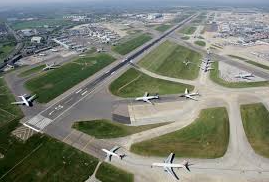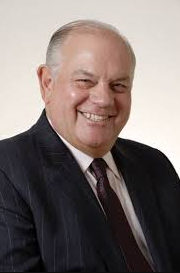
Discovery Could Lead to Revolutionary Treatments for Drug-Resistant Infections
Researchers have unveiled a previously unknown part of the immune system that could serve as a natural source of antibiotics, offering new possibilities in the fight against drug-resistant infections.
Supported by the European Research Council, scientists believe this breakthrough could revolutionise the way infectious diseases are treated. They suggest that these newly identified “natural antibacterials” might serve as alternatives to conventional antibiotics, addressing the increasing threat of antibiotic resistance.
The research focuses on proteasomes—cell structures responsible for breaking down proteins. Until now, their role in immunity was not fully understood. The study demonstrates that proteasomes can identify bacterial threats within cells and activate defences to halt bacterial growth.
“These insights could lead to novel diagnostic and therapeutic approaches for infectious diseases,” the research team stated in their study published in Nature.
Professor Yifat Merbl of the Weizmann Institute of Science described the discovery as “groundbreaking,” highlighting its potential to reshape our understanding of immunity.
“We’ve uncovered a previously unknown mechanism that enhances our ability to fight bacterial infections,” she explained. “This process is constantly occurring throughout our bodies, creating a new category of potential natural antibiotics.”
While Professor Daniel Davis, head of life sciences at Imperial College London, called the findings “fascinating,” he cautioned that further studies are needed before this discovery can be transformed into a practical medical application.
The urgency of developing new treatments is underscored by the ongoing challenge of antimicrobial resistance (AMR). The World Health Organisation has warned that misuse and overuse of antibiotics, combined with inadequate public health measures, have accelerated the emergence of drug-resistant infections.
According to the UK’s National Audit Office (NAO), AMR directly causes 7,600 deaths annually in the country, contributing to approximately 35,200 deaths each year. The report also highlighted that inappropriate prescriptions of antibiotics for viral infections have worsened the crisis.
The NHS has been criticised for not being adequately prepared to tackle this growing health threat. Many healthcare facilities have not been updated to meet modern standards, making it difficult to contain the spread of resistant infections. The NAO report stressed that ageing hospital infrastructure and outdated equipment make infection control increasingly challenging.
While the UK government has acknowledged the seriousness of AMR, progress in addressing the issue has been slow. A five-year action plan was implemented, but recent assessments indicate that significant advancements have yet to be made.
In January, Dr Colin Brown, deputy director of the UK Health Security Agency, warned that the rising number of drug-resistant infections remains a pressing concern both domestically and globally.

















